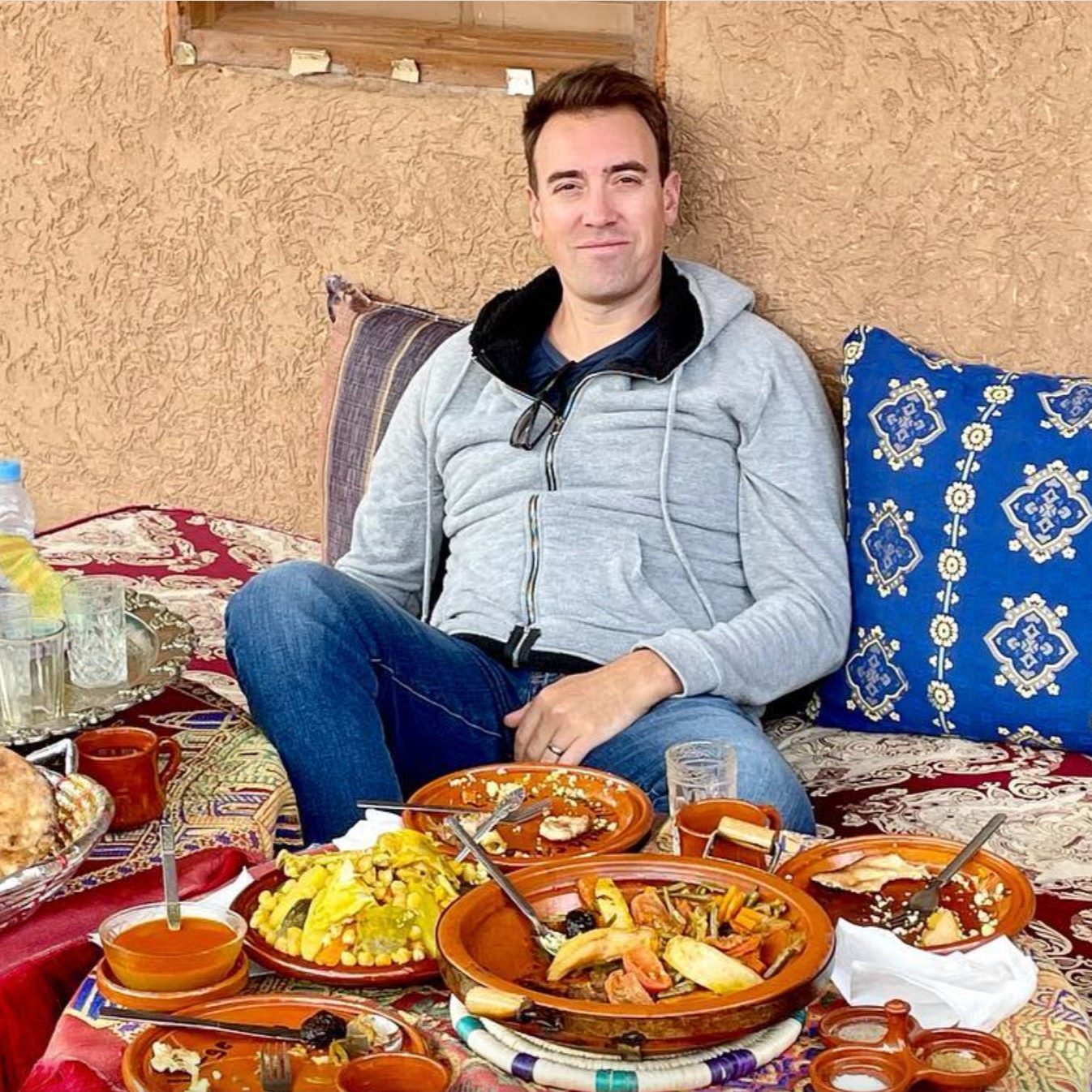The markets have a way of stirring up our unresolved issues. If you don’t have a means of addressing your anger, for example, in a healthy way then you’ll find yourself using the markets as the mechanism to get in touch with it.
This is likely to serve as a very expensive life lesson.
Everyone is responsible for their own behavior, but sometimes we need some help recognizing our emotional/psychological issues driving our behavior.
As a trader and manager of other people’s money, I understand the main focus of the job is to deliver strong returns. And, personally, if I can deliver returns managing $100 million instead of $10 million then yay for me.
But I believer in order to deliver returns, the manager must be able to create a workable ecology that allows him/her to execute their strategy flawlessly.
Putting your AUM before who you work with isn’t a recipe for success over the long run.
I believe it’s very important to know the motivations, goals and risk tolerance of each of my investors. Those who get giddy during hot streaks and tense during cold streaks tells me that the investor isn’t fully accepting of my trading approach or maybe they have too much money invested with me. Either way, it’s an entry point to have a conversation.
If it’s not a good fit, it’s the job of the money manager to sniff that out and turn down business. It will only be a headache and likely result in poor performance for everyone, even including the current investors.
Trading is tough enough even when everyone is on the same page. Introducing pressures simply because the trader wants to manage more money is the kind of short-sighted thinking that breaks the bow in the long run.
The manager must have more respect for his/her investors than that.
S/he must view it as a team game versus a “I’m the smart trader and you’re the dumb investor, so shut up and let me do my thing” view.
I think there are many managers who are in the game solely for the money. Once they get it, their motivation dips and performance struggles. They don’t feel the pain the investor does because they’ve already cashed in. Not every manager is in this camp, but I think many are.
I come from humble beginnings. I learned from the Financial Crisis. I know a fund’s strong returns don’t necessarily mean that the investor is going to earn those returns. People need help. The markets are tough. In many ways, it’s a game of you vs. you. And if you don’t know yourself, you’re in trouble.
This is what I like helping people with.

